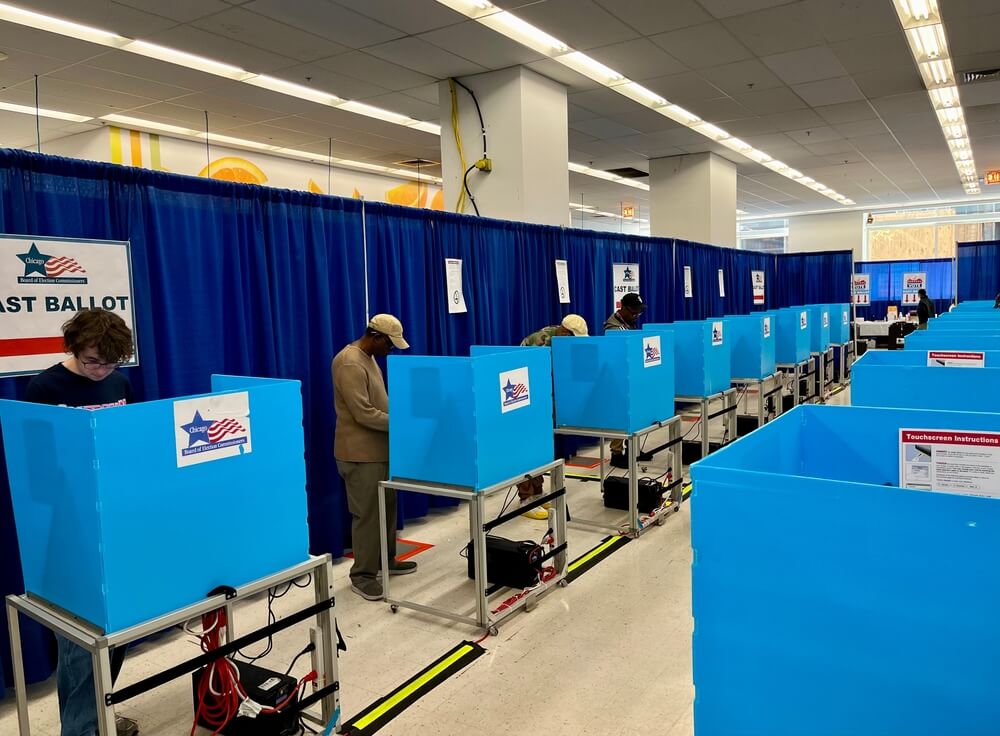As the third anniversary of Vladimir Putin's decision to invade Ukraine approaches, many Russians reflect on the journey that has changed their lives and their country. This is primarily done by the influential individuals surrounding Putin or those who have direct ties to his rule.
The members of Moscow's upper class find themselves in a series of perplexities. Their expectations do not match reality. Many of them have begun to ask questions, albeit quietly.
Are we really that great? It can't be that we are just a "monkey with a grenade," a common expression in Russia that describes an incompetent, unqualified, and generally not very scary person who has accidentally come into possession of something dangerous that can harm himself and some people around him.
Realisation comes slowly. People are beginning to realise that global affairs will never be the same.
Many things are not going well for the people of Moscow. It was not long ago that these people saw themselves as masters of humanity building a new world order, but now they are begging new Syrian authorities.
A long list of defeats
The Europeans are setting up a tribunal to prosecute Vladimir Putin and others in his entourage for the crimes committed in Ukraine.
The Trump administration has no plans to lift all sanctions and has no intention of giving Russia the victory the Kremlin expected.
The Ukrainians are advancing in the Kursk region.
Azerbaijan and Syria, countries that have historically been in a vassal position to Russia, are exercising their independence from Moscow.
Azerbaijan is closing the Russian centre for "cultural exchange"
Azerbaijan is closing the Russian centre for "cultural exchange," which Russia, like every other Russian cultural centre around the globe, has used as a cover for intelligence operations.
What worries Moscow is that Azerbaijan has decided to close this cultural centre, even though the Azerbaijani authorities have known its true purpose from the very beginning.
Moreover, the UK Foreign Secretary David Lammy said during his visit to Kyiv that the long-term relationship between the UK and Ukraine is cemented by the 100-year partnership, reminding Moscow that Ukraine is no longer a Russian colony.
Hegemony fades away
Moscow's hegemony is clearly taking a turn that was neither foreseen nor projected in Moscow when its elite agreed to support Vladimir Putin's obsession with eliminating Ukrainian sovereignty.
The recognition of President Trump's strength and resolve among average Russians is approaching, albeit slowly but surely, the level of Vladimir Putin's supposedly macho image in Russia, leaving the Kremlin's propaganda and indoctrination bosses confused and perplexed.
The Europeans and Americans will not be intimidated either, since the recent elections in Europe and America were originally seen by Moscow as favourable to its global hegemony.
 The recent elections in Europe and America were originally seen by Moscow as favourable to its global hegemony
The recent elections in Europe and America were originally seen by Moscow as favourable to its global hegemony
The recent statements by Keith Kellogg, President Trump's special envoy for Ukraine and Russia, that Russia's alleged military power only consists of the Kremlin's willingness to lose countless lives in unjustified and even pointless military operations have left Moscow speechless.
As an example of such a senseless operation, Keith Kellogg cited the Battle of Stalingrad, in which nearly a million Russian/Soviet soldiers were lost simply because the city of Stalingrad was named after Joseph Stalin.
In addition, retired Lieutenant General Keith Kellogg said that President Trump is prepared to tighten sanctions if Vladimir Putin refuses to sit down at the negotiating table.
Negotiations that Moscow did not want
On the eve of the three-year anniversary of the attack on Ukraine, things look very different than expected at the time.
The worst-case scenario for the Kremlin has not yet materialised. Russian elite members have not yet begun to assess the prospects of possible peace negotiations that the new US president will force them to enter into.
The worst-case scenario for the Kremlin has not yet materialised
It will not be the event they hoped for three years ago when they began their invasion of Ukraine with enormous enthusiasm.
They will be far from being able to control this process and even further away from the goals they were convinced were within reach three years ago.